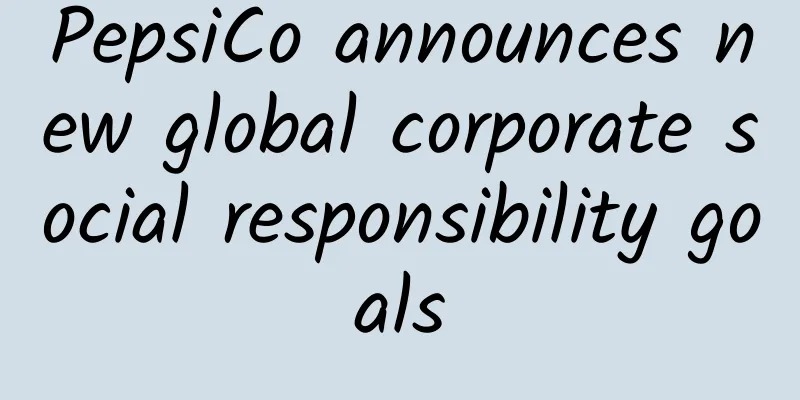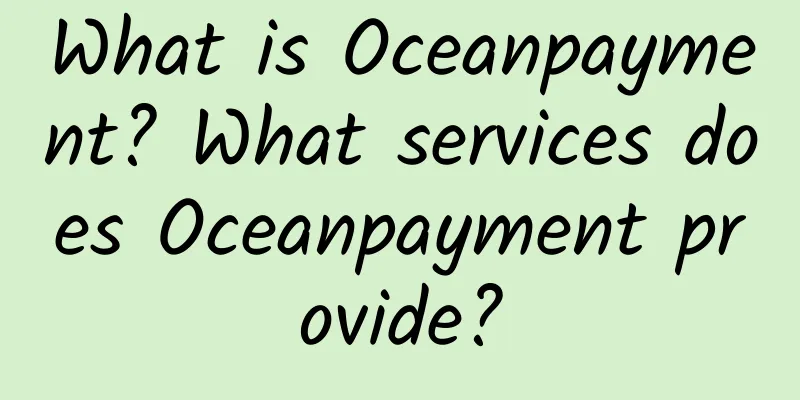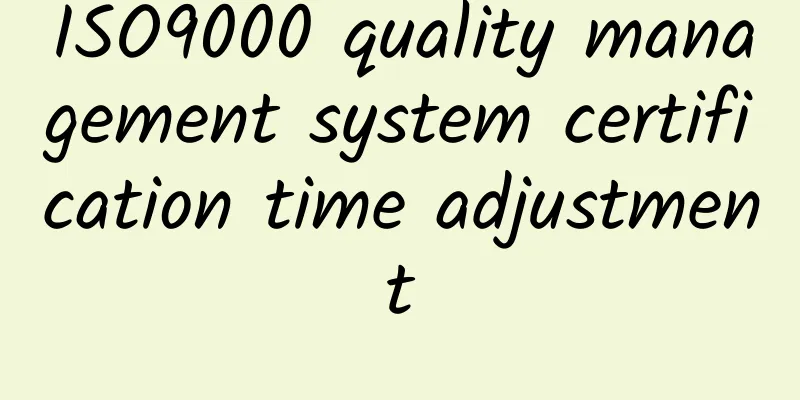PepsiCo announces new global corporate social responsibility goals

|
PepsiCo (NYSE: PEP), the world's second-largest food and beverage company, announced new global corporate social responsibility goals for nutrition, environment and workplace at its investor conference on the 22nd. To encourage people to live healthier lives while meeting consumer expectations for healthier, tastier products, PepsiCo is committed to achieving industry-leading nutrition goals, including: Increase the proportion of products made from whole grains, fruits, vegetables, nuts, seeds and low-fat dairy products in the product portfolio Achieve a 25% reduction in average sodium content per unit of major global food products in key markets by 2015 Achieve a 15% reduction in average saturated fat content per unit of major food products in key markets by 2020 Achieve a 25% reduction in average added sugar content per unit of major beverage products in key markets globally by 2020 "We believe a healthier future for people and the planet means a more successful future for PepsiCo," said Indra Nooyi, chairman and CEO of PepsiCo. "These commitments run through all of our businesses and reflect our focus on profitable long-term growth. They will guide us as we continue to deliver more delicious, healthier products to consumers around the world." In 2008, ten major global food and beverage companies jointly signed the "Global Strategic Action Commitment on Diet, Physical Activity and Health" and submitted it to the World Health Organization. PepsiCo is one of the ten companies. The global goals launched by PepsiCo this time are concrete actions of the commitment made to the World Health Organization. Here are some examples of PepsiCo's commitments: Human Sustainability / Health and Wellness Before 2012, energy values and key nutritional information were required to be displayed on food and beverage packaging. Stop direct sales of full-sugar soft drinks to primary and secondary schools around the world by 2012 Increase PepsiCo Foundation and PepsiCo corporate giving programs to promote healthier communities, including programs to improve diets and increase physical activity Invest in business development and product development to increase access to affordable, nutritious products for disadvantaged and low-income groups Environmental Sustainability Provide safe drinking water to three million people in developing countries by the end of 2015 Reduce packaging weight by 350 million pounds by 2012, thereby avoiding 1 billion pounds of landfill waste Committed to eliminating all landfill solid waste generated by PepsiCo production facilities Committed to reducing greenhouse gas emissions from our operations globally Sustainable development of talents Ensure workplace safety by continually reducing lost time injury rates and strive to improve other occupational health and safety standards through best practices Providing workplace wellness programs around the world to encourage employees to lead healthier lives Matching eligible employee charitable donations through the PepsiCo Foundation |
>>: Sainsbury's Factory Audit Questionnaire
Recommend
What service sites does eBay have? How do I register with eBay?
What service sites does eBay have? eBay was found...
COSTCO-COC Audit Standard Update
Since October 2017, Costco Wholesale has updated ...
Zaful—a “fast” and “fashion” brand
Founded in 2014, Zaful is a global fast fashion e...
What is Haiwei Yibai? What services does Haiwei Yibai provide?
What is Haiwei Yibai? Shenzhen Yisheng Informatio...
What is Frontier? What services does Frontier offer?
What is Frontier? Frontier Car Group (FCG) is a B...
Why Nykaa, India's top online beauty retailer, focuses on physical stores
Nykaa, one of India’s top beauty e-tailers, is ch...
What is the difference between eBay and Eachnet? eBay sellers, come on!
eBay and Eachnet are two platforms with similar n...
How to become a customs AEO enterprise?
The requirements for AEO enterprises include inte...
ICTI factory inspection hot work management procedure document
1. ICTI Factory Audit Hot Work Management Procedu...
What should be the correct approach to operating overseas social media?
In recent years, China's Internet going overs...
Warning signs required for BSCI factory audit - escape, emergency exit and emergency assembly
Warning signs required for BSCI factory audit: es...
Auchan Group's development strategy and management characteristics
Auchan Group's development strategy and manag...
Brief introduction - social responsibility factory inspection standards
Child labor: Companies cannot support the use of c...
The latest "Implementation Rules for Organic Product Certification"
The latest "Implementation Rules for Organic...
LI&Fung factory audit document list
LI&Fung factory audit document list : 1. Busi...









